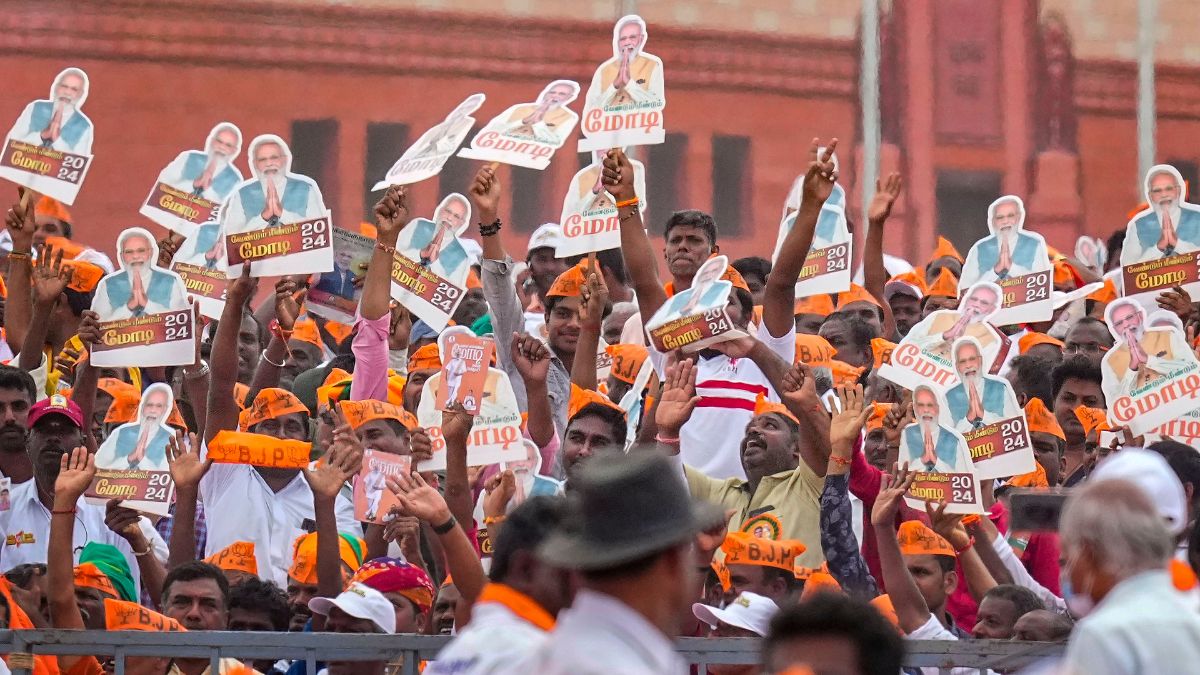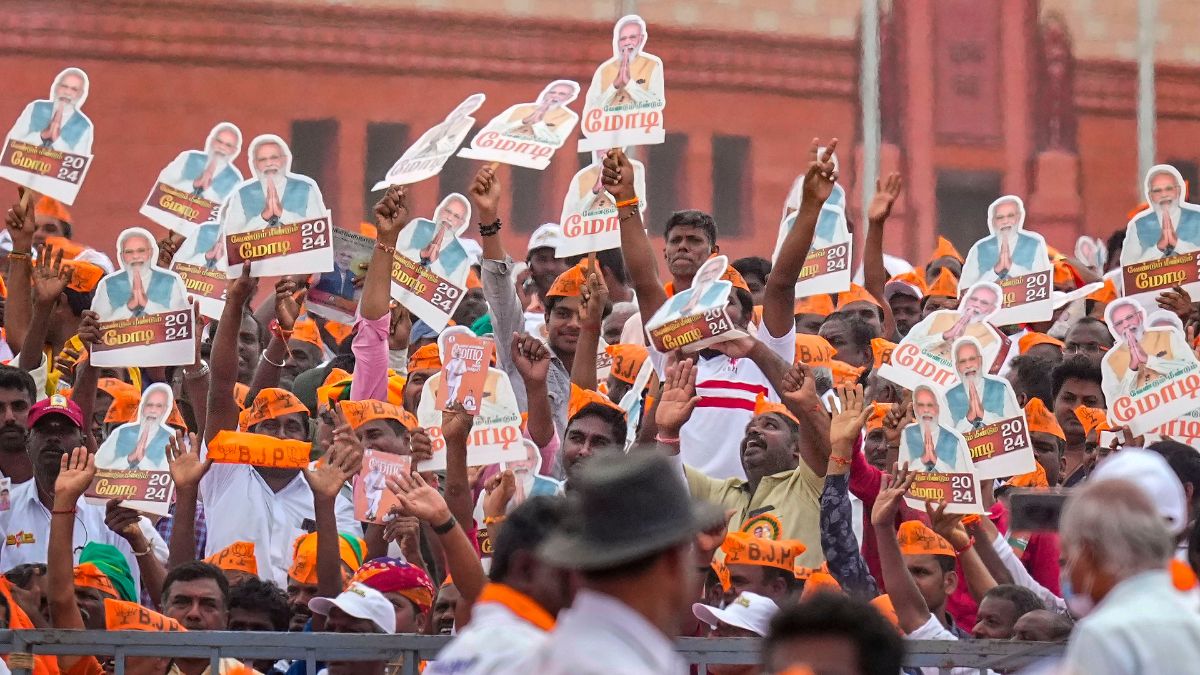by Shereen Bhan
In an exclusive interview to CNBC-TV18, Principal Advisor to DMRC, E Sreedharan, also fondly known as the ‘Metro man’, has said that the policy paralysis and lack of decision making in the government and the inability of the bureaucracy to stick their neck out for right decisions, will certainly affect India’s tryst with improving its infrastructure.
“There is really no government functioning today. Everybody is only playing politics. There is no real governance taking place. Unfortunately, our politicians are only politicians, they are not statesmen. And naturally the country suffers,” he told CNBC, adding, “The way we started in the early 90s I thought we would have come up very fast. But during the last 1-2 years, things are not looking very bright.”
He said that the atmosphere of distrust between the political community and the bureaucracy is impacting decision making in every aspect. “Today an atmosphere has been created in the country where politicians don’t give policy decisions and even when decisions are given, the bureaucracy is reluctant to carry it out for fear of standards, etc. Anything they do, they feel like they will get into trouble. So they are reluctant to carry out even what is required for the country,” he said.
And while he makes the point that “the policy decisions are to be taken by the politicians and the bureaucrats are there to only implement it”, he says that India needs “a committed bureaucracy today” more than a stronger one.
Comparing today’s situation to one that he faced when he wanted the DMRC to come up, Sreedharan said that the situation today is far worse because then “there was whole hearted support from every angle - politicians and the bureaucrats.” Today, he says, “we find the change even here, in the Delhi Metro, itself. To get things done, it becomes so difficult.”
Sreedharan says it is the attitude of the bureaucrats and it is not the multiplicity of reporting structures that has changed. Bureaucrats today are terribly afraid of getting implicate in something they are just implementing. “They don’t want to stick their head out. Nobody wants to take a real decision. Otherwise why should things drag on…” Sreedharan asks.
He talks about his own experience with the Delhi Metro, in tough situations with politicians. The solution to the logjam that the country is in has to be tackled by standing up and sticking out their necks for what is right for the country, he said.
Sreedharan himself stuck out his neck out for Japanese consultants for the Delhi Metro project, even though politicians were lobbying for a German consultant. He cites that he stood up for the Japanese because they were decided upon by the normal, transparent process.
“In that process a consortium of Japanese consultants came up. Now, nobody can throw that out just because someone wants the Germans to come in. So I had to stand up and say we have selected the Japanese consultants and we will go ahead with them,” he told CNBC.
But, he doubts that the bureaucracy today will stand up to a principle of this kind.
The only possible solution to today’s situation says Sreedharan, is that the bureacracy needs to change it’s mindset and make better and more responsible decisions. Citing the example of the Kochi metro project which he is now handling, Sreedharan said that the Kochi Metro project was was conceived in 2005, during which time the cost was only Rs 2500 crores. “All politicians wanted the project to come up - the communists, the Congress, all - but, the bureaucrats were stalling it simply as a plea that it should be done as a public private partnership (PPP) model - knowing well that in a PPP model no one is going to come and invest unless he knows that he is going to get a return out of it,” he said, adding, “Now, the cost has gone up from Rs 2,500 crores to Rs 5,100 crore. Who do you blame for this? You can’t blame the politicians. The bureaucrats did not take the right decision at the right time.”
Sreedharan said that the bureaucrats should have realised that private entities are after all businessmen and they will look for profits. Hence, they should realise that “Projects that you know are very viable, can be done in PPP but those that have a social aspect - meant to only serve society - and we don’t expect a business return, we can’t have it on a PPP model.”
Maybe our bureaucrats should take a leaf out of Sreedharan’s cap to tackle politicians. Simply, put them in a spot.
Each time politicians threatened to put a spoke in the wheel of the Delhi Metro’s progress, Sreedharan says, “I simply said if you do not accept me or my ideas, please find somebody else to do it.” And he says, “It was not a threat” presumably because politicians knew that India’s ‘Metro man’ meant business.


)




)
)
)
)
)
)
)
)